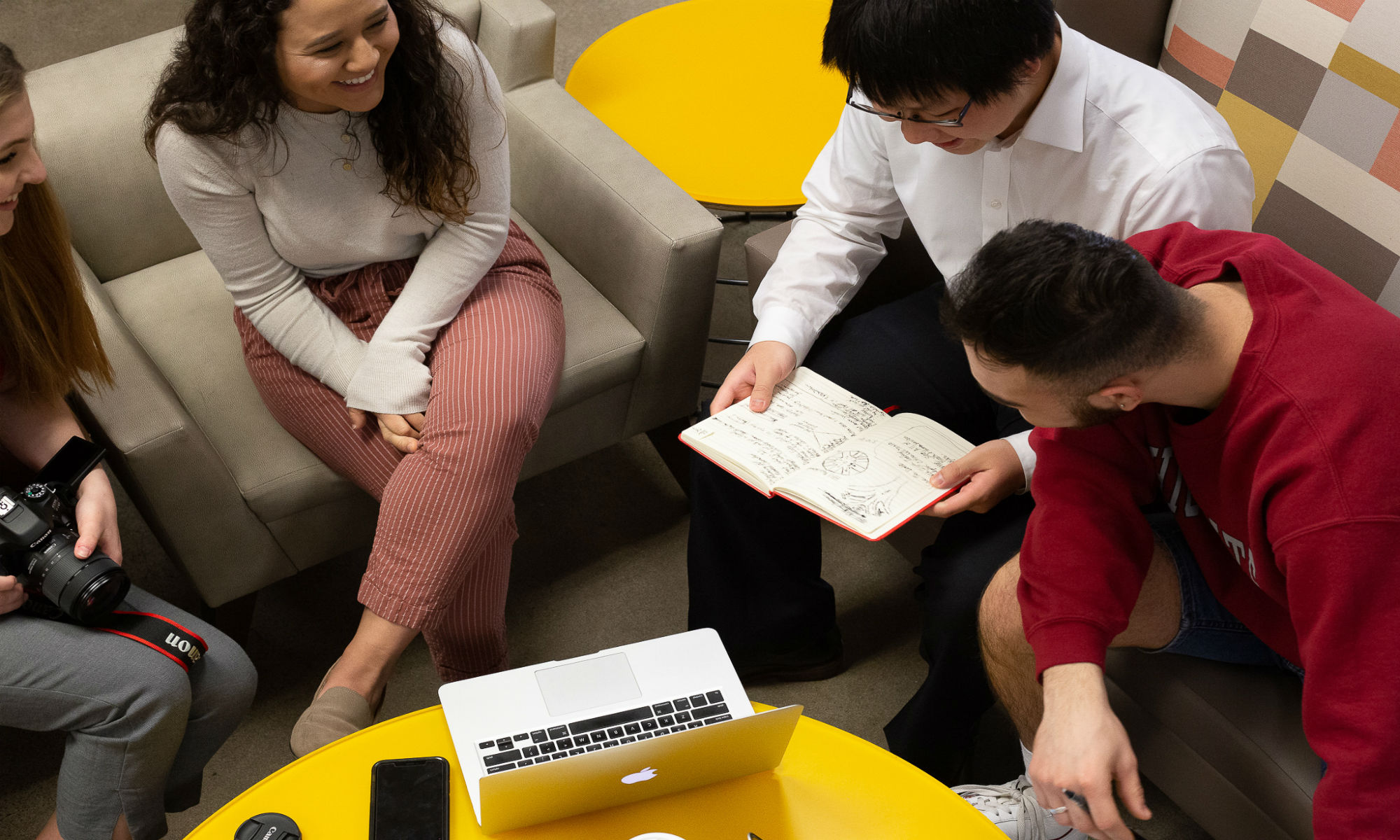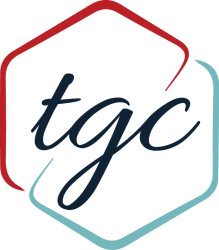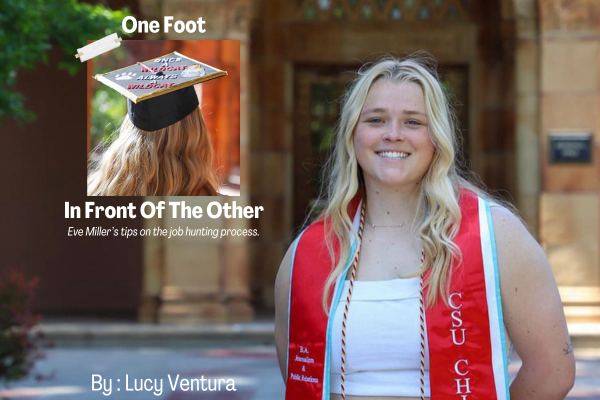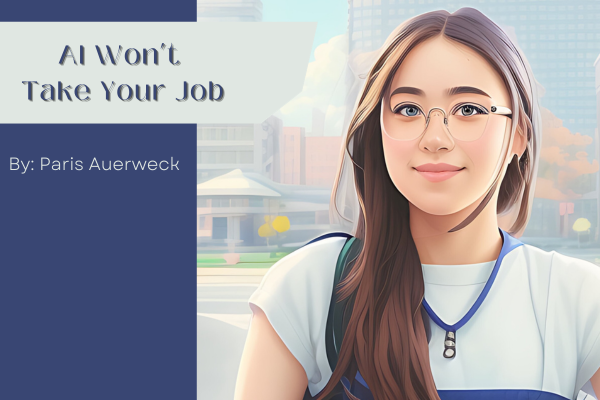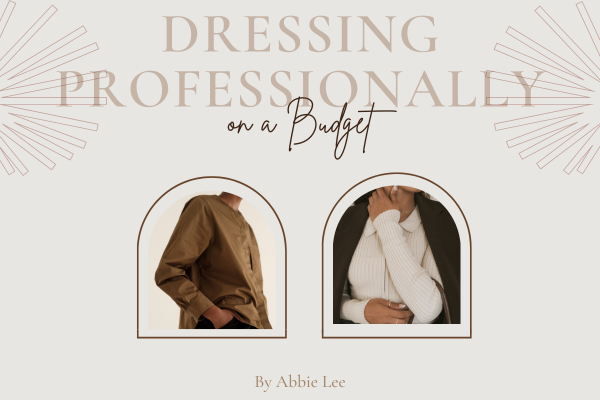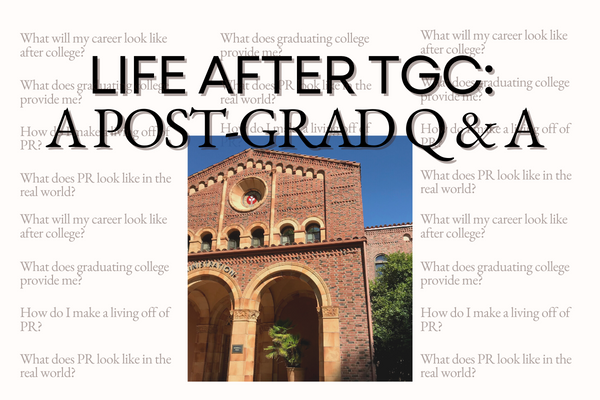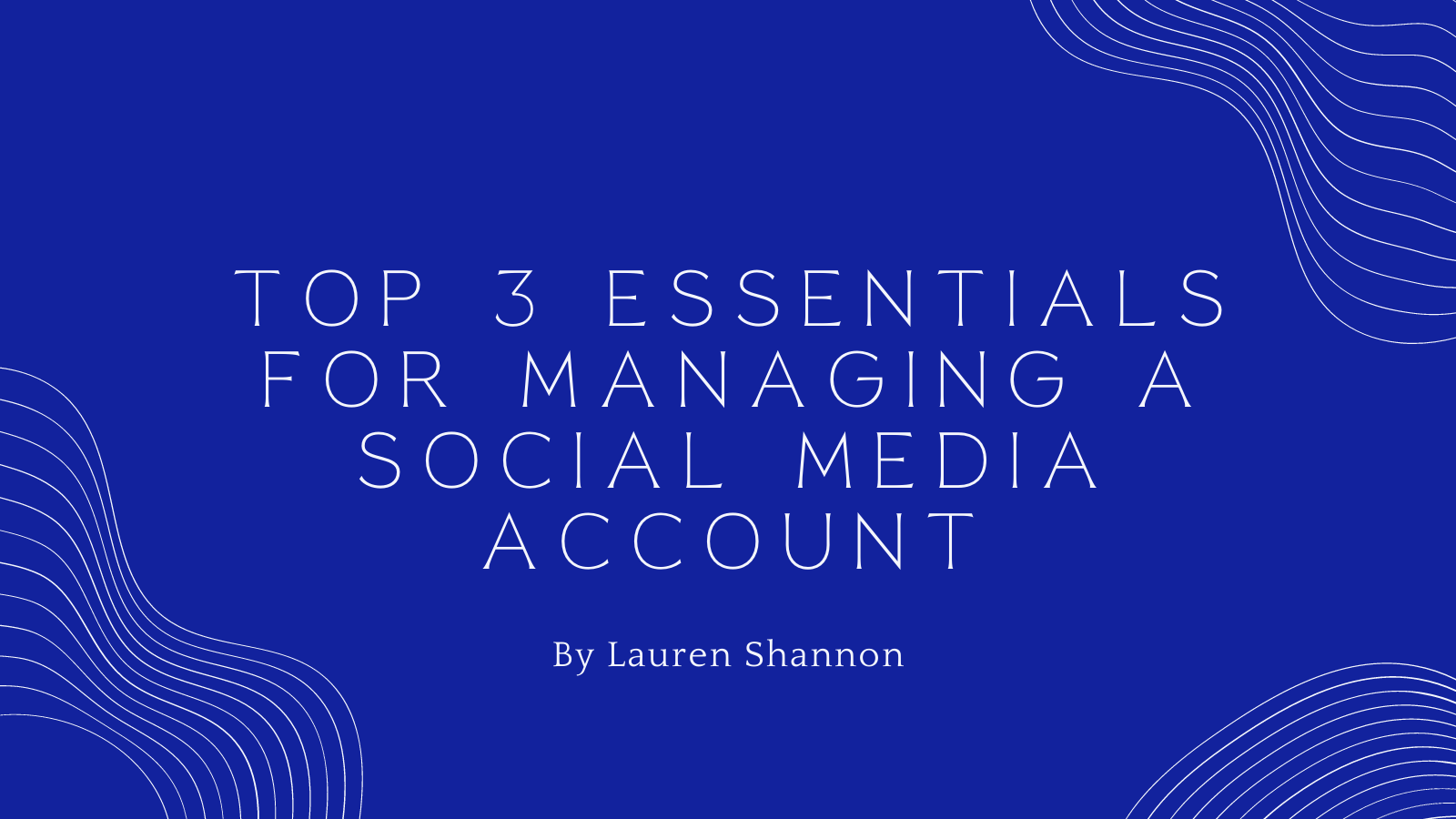By: Daisy Costilla-Jaimes
Connecting with others and creating chains of networks will be your best asset in the public relations workforce. Creating a database of networks amongst individuals allows you to be involved in new opportunities and allows you to make professional friendships, collaborations, and meet new people not only in your community but also within the professional world locally or globally.
Sometimes networking with your community will open new opportunities in your career development you wouldn’t think possible. Networking is truly the most important component when becoming a successful public relations professional and progressing in the public relations industry because it allows you to connect with your client’s needs to satisfy their goals and your objectives.
I am an Assistant Account Executive working with my team to serve our client, the Multicultural Gender Studies Program. Our job is to inform prospective students and their families of the resources and opportunities available on Chico State’s campus. It is an important objective of my client to highlight the diverse minors, programs, and available opportunities for minorities on campus. As an Assistant Account Executive, I am responsible for curating content for the African-American studies minor. Networking with the community has been a key component in establishing connections that are valuable and essential to my client’s objectives.
For instance, I networked with the Cross-Cultural Leadership Center (CCLC) which is an environment dedicated to minority students where they are able to connect with one another, develop leadership skills, share cultural values, build relationships within the community and create cultural awareness and social change. Through the CCLC I was able to network with the Black Student Union’s (BSU) president, Khalid Hurst, BSU members and members of the National Society of Black Engineers. I was able to be more informed about African-American studies’ resources on campus using networking and how they help minorities such as African Americans represent themselves at Chico State.
Another way to expand your network is through social media such as Instagram, LinkedIn and X, formally known as Twitter. Being involved in social media and creating an engaging platform allows the ability to share information, partake in professional development conversations and create awareness of yourself and your abilities in the public relations field. Through networking with other professionals, you can have a deeper understanding of the industry and have access to resources that are at your fingertips.
By expanding my network within the community, I was able to gain more understanding regarding my client’s needs, objectives, and goals. I not only gained more comprehension of my client’s needs, but I also made professional connections, gained knowledge that will help me better the community, and obtained awareness of the diverse programs that support minorities.
Networking with your community, various organizations, programs, and individuals allows you to expand your web of connections. By expanding your network of people it will allow you to be informed, educated, and knowledgeable of the resources and growth opportunities available to you. Enlarging one’s network will allow public relations students to prepare themselves for the real world and achieve their career aspirations by enabling students’ understanding of how to succeed in the public relations industry.
